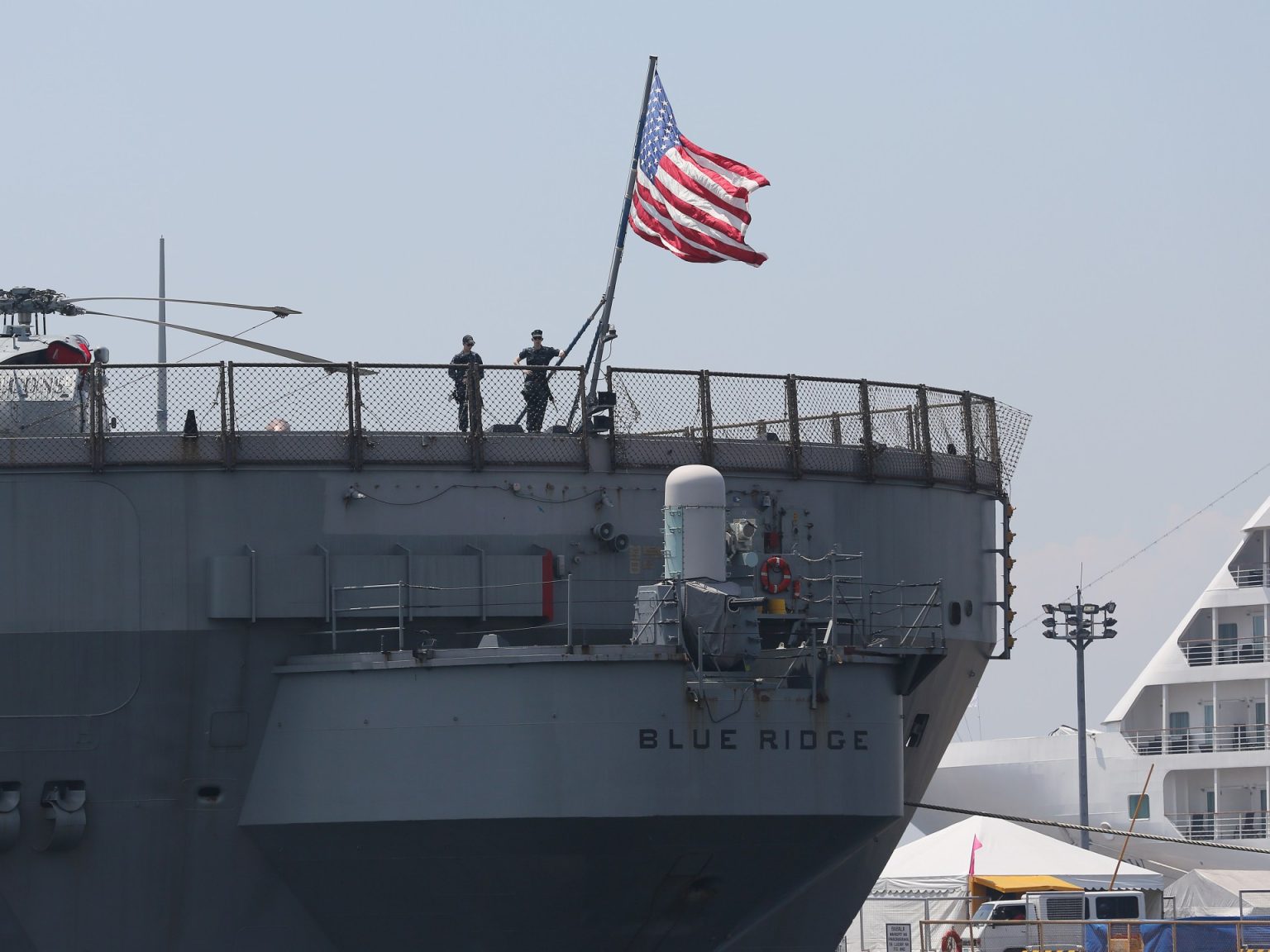Recently, amidst tensions over Venezuela’s disputed election, a United States Navy sailor was detained in the country. The sailor was on personal leave and had not obtained the required authorization for travel to Venezuela. White House national security spokesperson John Kirby confirmed the detention and stated that the US government was trying to gather more information from Venezuelan authorities. The sailor was not on official government business at the time of his detention. The US Department of State is closely monitoring the situation.
Tensions over Venezuela’s disputed elections have escalated, with several countries rejecting President Nicolas Maduro’s claims of victory. The US and Argentina, among others, have recognized Maduro’s opponent, Edmundo Gonzalez, as the winner of the July presidential race. In response, US authorities seized a plane allegedly purchased for Maduro’s personal use, citing a violation of sanctions. Venezuelan authorities issued an arrest warrant for Gonzalez, accusing him of conspiracy and other crimes. The US and other countries in the Americas condemned the move, calling it an unjust action.
This incident is not the first time a US military member has been detained while abroad. Gordon Black, a US Army soldier, was arrested in Russia earlier this year after visiting his girlfriend. He was sentenced to three years and nine months in prison after being accused of theft. Army Private Travis King fled to North Korea during a civilian tour of the Military Demarcation Line on the border with South Korea. Facing desertion charges, he was detained by North Korean authorities before being released to the US. King has agreed to plead guilty to multiple charges, including desertion.
In a different context, the US has engaged in prisoner exchanges with Venezuela. In December, a close ally of President Maduro, Alex Saab, was released by US authorities in exchange for the liberation of 10 imprisoned US citizens and a fugitive defence contractor involved in a Pentagon bribery scandal. These diplomatic and legal manoeuvres underscore the complexity and sensitivity of US-Venezuela relations. The recent detention of the US Navy sailor adds to the ongoing tensions between the two countries, highlighting the challenges of navigating international disputes and political conflicts.
The US government’s response to the detention of the Navy sailor underscores the importance of communication and cooperation between nations. White House spokesperson Kirby stated that efforts were being made to gather more information and engage with Venezuelan authorities to address the situation. While the sailor was not on official government business, his detention raises concerns about the safety and rights of US military members traveling abroad. The incident serves as a reminder of the risks and challenges faced by military personnel deployed internationally, especially in politically volatile regions such as Venezuela.
As the situation in Venezuela continues to unfold and tensions remain high, the detention of the US Navy sailor serves as a poignant example of the complex geopolitical dynamics at play. The US government’s efforts to secure the sailor’s release and address the larger issues surrounding the disputed election and international relations demonstrate the intricacies of diplomacy and conflict resolution in a global context. The detention of the sailor, along with other recent incidents involving US military members abroad, highlights the need for caution and vigilance when navigating international relations and ensuring the safety and security of military personnel operating in foreign territories.


